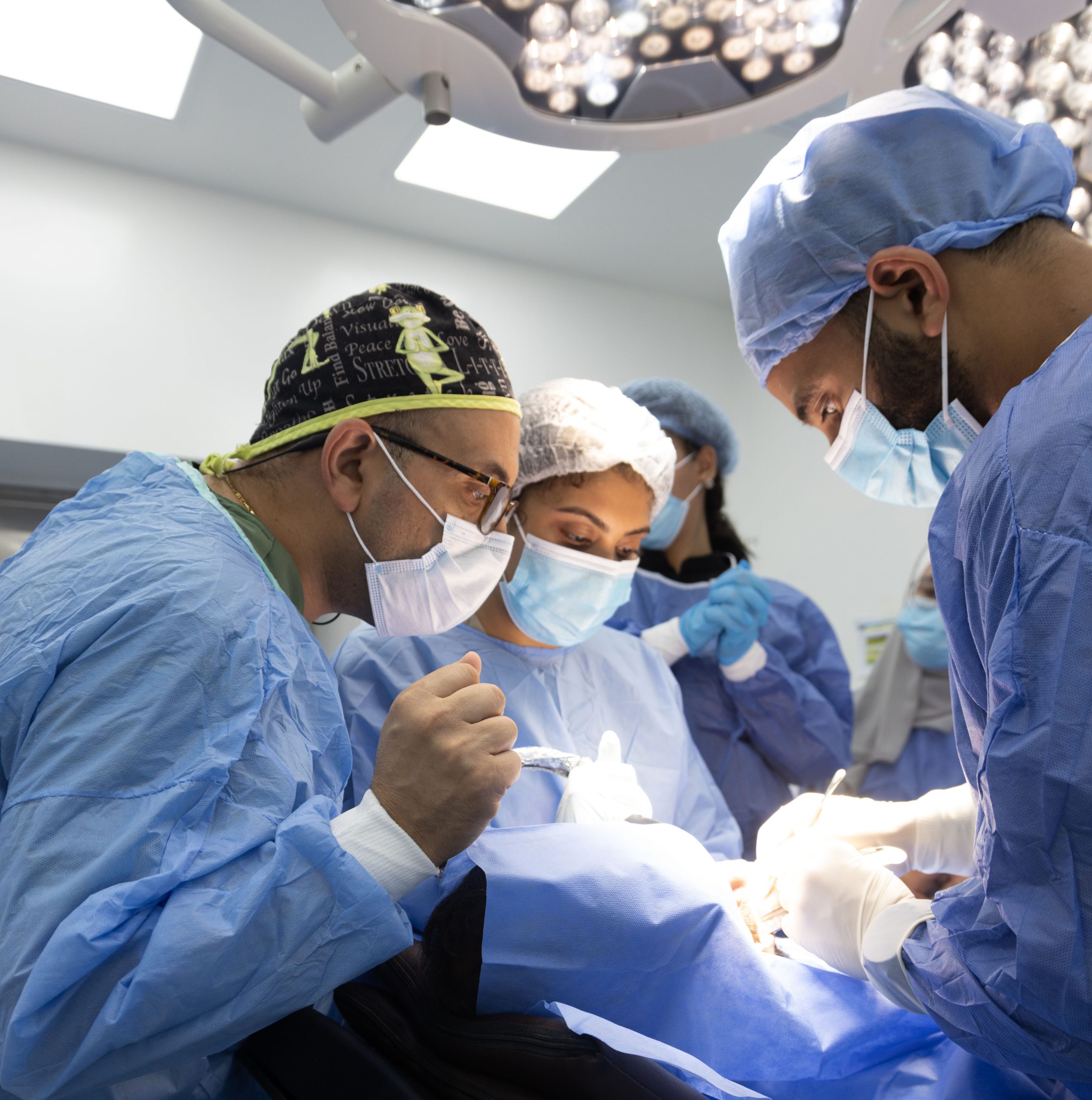Explore Key Bone Grafting Methods for Dental Implants In 2025 By RWC!
Dentistry implants need a solid base. Many patients require bone grafting to secure dental implants. Dentists who want the best care should know different bone grafting methods. This knowledge helps in implant courses for general dentists.
This post by RWC will cover the various bone grafting procedures, their upsides, and how they fit into daily practice. Whether you’ve been a dentist for years or you are attending implant courses for general dentists, this will boost your skills.
What is Bone Grafting?
Bone grafting adds new bone to areas that have lost bone often because of pulled teeth or gum disease. The main goal is to support dental implants and make sure they work well. Taking implant courses helps general dentists learn about these procedures.
When patients don’t have enough bone, implants might not stay in place. By doing a bone graft, dentists can rebuild the bone structure. This creates a strong base for putting in implants. Implant courses for general dentists teach this key idea.
Types of Bone Grafting Procedures
Many bone grafting methods exist, each offering specific advantages. To pick the right approach, dentists need to understand these techniques. Implant courses for general dentists focus on teaching these methods.
Autografts
Autografts use bone tissue from the patient’s body often taken from the chin or jawbone. This approach reduces the risk of rejection because the bone comes from the same person. Autografts often succeed, and implant courses for general dentists cover them in depth.
Though autografts require extra surgery to harvest the bone, their benefits can outweigh their drawbacks. Implant courses for general dentists often highlight autografts as a common choice due to how well they work.
Allografts
Allografts make use of bone tissue from donors who have passed away, offering a workable answer when taking tissue from the patient isn’t possible. These tissues go through thorough screening and processing to make sure they’re safe. Dental implant classes for regular dentists often talk about allografts as a trustworthy choice.
Even though there’s a small chance of infection or the body rejecting the graft new advances have made these worries much less serious. As dental implant courses for general dentists point out, allografts are still a solid option for many patients who need a lot of grafting.
Xenografts
Xenografts use bone material from animals cows or pigs. Dentists can get these grafts, which go through careful cleaning to make them safe. Many general dentists learn about xenografts in their implant classes.
Just like allografts, xenografts might cause infections. But they work well to support dental implants. General dentists often study xenografts in their implant training.
Alloplasts
Alloplasts are man-made materials that look like real bone. They contain safe substances that help new bones grow. These grafts don’t spread diseases and are always available. This makes them a common topic in implant classes for general dentists.
Alloplasts offer a great choice for patients who don’t want to use animal or human-based materials. They provide a good option while helping to place implants . Many implant courses for general dentists cover this topic.
Importance of Bone Grafting in Implant Dentistry
Bone grafting plays a crucial role in implant dentistry. Each type of graft has unique advantages that meet different patient needs. Adding these methods to your practice and taking implant courses for general dentists can boost patient happiness.
Bone grafting plays a crucial role in ensuring stability and preserving facial beauty. When the jawbone breaks down, it can change how a person’s face looks over time. By doing bone grafts before putting in implants, you can help keep natural face shapes—a key point stressed in implant training for regular dentists.
What’s more, knowing these steps lets you talk with your patients about what they can do. Teaching them about needed methods builds trust and gets them to follow treatment plans talked about in implant courses for everyday dentists.
Ongoing Learning and Skill Growth
Keeping up with the newest methods has a big impact on dental success. RWC gives classes to help dentists get better at bone grafting and implants. When you join these learning chances that focus on implant training for regular dentists, you get hands-on practice from people who know the field well.
These classes let you learn about different ways to graft while giving you chances to try things out. Putting time into getting better at your job means you stay ahead and can give great care because of what you pick up from implant training for regular dentists.
Conclusion
To wrap up, it’s essential for any dental professional working with implants to have a good grasp of bone grafting methods. Each type – autografts, allografts, xenografts, and alloplasts – has its strengths that meet different patient requirements.
Getting a handle on these methods and expanding your knowledge through programs like those RWC offers, which zero in on implant training for general dentists, will help you tackle your patients’ issues more. Learn more about dental implant live surgeries while staying committed to learning will pay off for both you and your patients down the road. Follow up on social media and LinkedIn for latest articles





